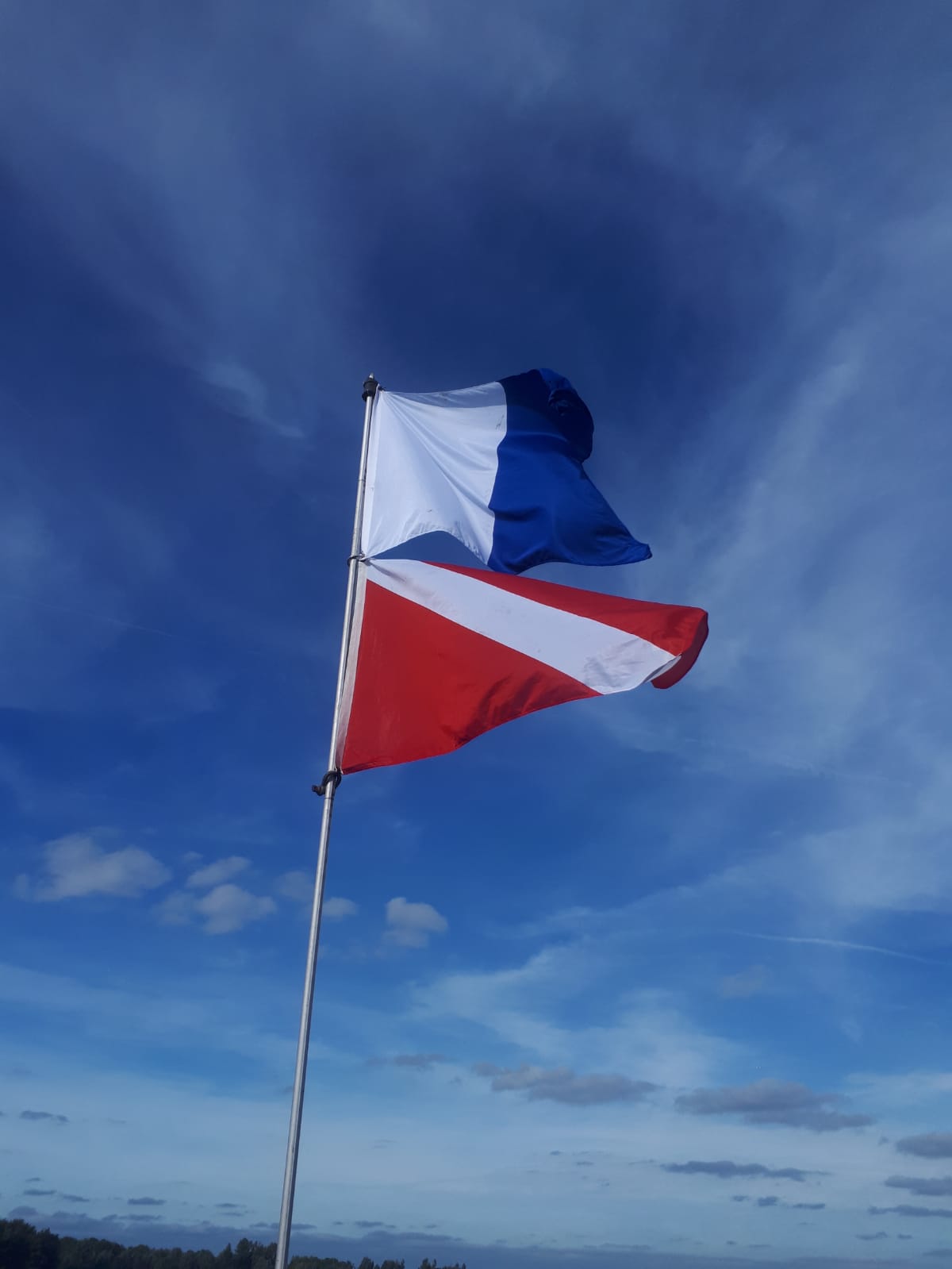Welcome to Forensic Diving & Research Academy
Unique in the world, the only research and education facility for training underwater forensic divers, and earning an international recognized certificate.
The combination of an underwater training facility with reality based scenarios, and a highly scientific approach, offers the best possible to train divers for their task to collect evidence, keep the chain of custody intact, and learns how to apply all these skills with the highest safety rules. In our academy we teach the newest technologies, like underwater drones, field kits for working as an independent lab near the crime scene, the use of multiparameter photometer to research the waterquality, use of underwater air lift, underwater metaldetector, full face mask. We offer internships for students all around the world, with an interest in underwater forensics. Students work on decomposition of bodyparts, research on the Post Mortem Submersion Interval, the effects of fingerprints in water on objects.
Our training is for safeguarding a crime scene under water in the most broad sense. Underwater poaching, staging crimes as suicide or an accident, environmental crimes, fraud.
With our education there opens a broad field of jobs to apply for. In a two week of four week training course, graduates have the possible to work immediately as independent investigators. And with the specially designed field kit, it makes it even easier to start with a new career.
Graduates are educated to be both scientists and investigators, which benefits science-based disciplines such as engineering, medicine, criminology and archaeology.
Our base is located in the Netherlands, near Amsterdam. But is also possible to train on the job, all around the world.
the content of the course covers the following subjects:
Introduction to Underwater Investigation presents the history, principles of basic hyperbaric science diving, physics and physiology as they relate to diving. This course provides the theoretical foundation for individuals preparing to be divers.
Introduction to Underwater Investigation Lab presents the principles and practice of compressed-gas as a life-support system for underwater hyperbaric exposure. This course is designed to develop proficiency in the basic skills required to perform safe underwater operations. Certification earned: Open Water.
Scientific Underwater Investigation builds upon the Introduction to Underwater Investigation course by providing the technology to collect data in an underwater environment according to the scientific method. The course the techniques used in science disciplines that function underwater.
Scientific Underwater Investigation Lab builds upon the Introduction to Underwater Investigation Laboratory course by providing the tools and techniques to collect data in an underwater environment for prolonged periods of time. The underwater data collection techniques use traditional underwater technology and techniques for data gathering related to scientific disciplines.
Underwater Crime Scene Methodology synthesizes the various theories for the conduct of crime with the knowledge of how physical evidence is produced during the commission of a crime on or under the water in order to produce information that enables the investigation and prosecution of criminal activity.
Underwater Crime Scene Methodology Lab applies various techniques for the examination of physical materials generated during the commission of a crime on or under the water in order to produce information that enables the investigation and prosecution of criminal activity.
Underwater Crime Scene Investigation combines the various analytical underwater examinations into a holistic investigation process designed to locate and detect persons and physical evidence involved in, or victims of, crimes in or on the water. Emphasis is placed on the theory of the technology and the scientific decision-making required for its optimum application.
USCI Capstone empirically applies methodology based on advanced technology to enhance the location and detection of physical evidence used, or intended for use, in the commission of underwater crimes. Emphasis is placed on the use of the Incident Command System and the UCSI Process for management of an underwater crime scene investigation and on the verification of investigative protocols.








